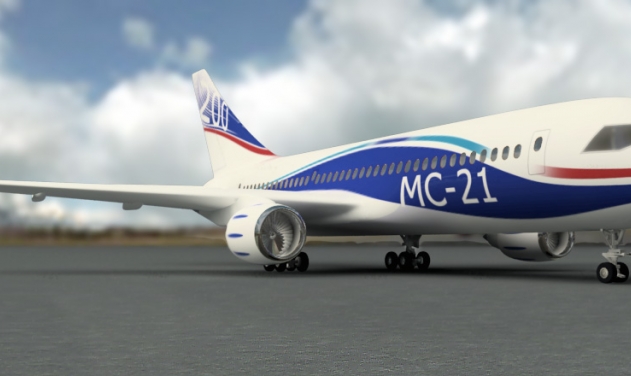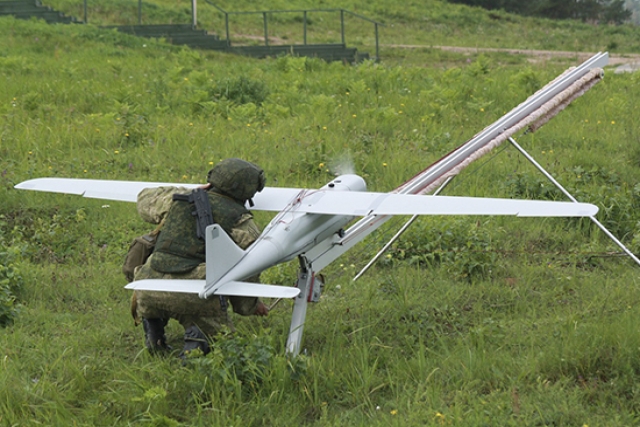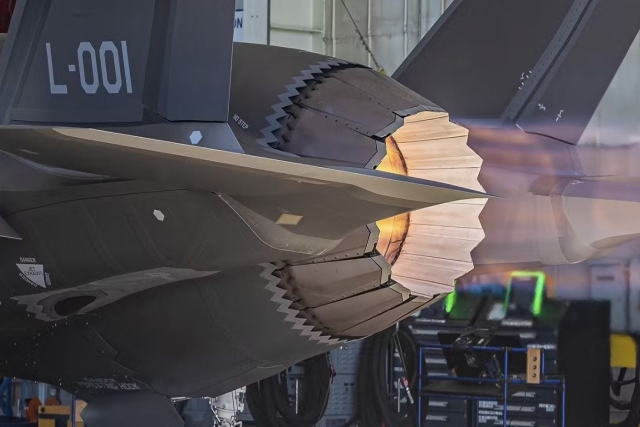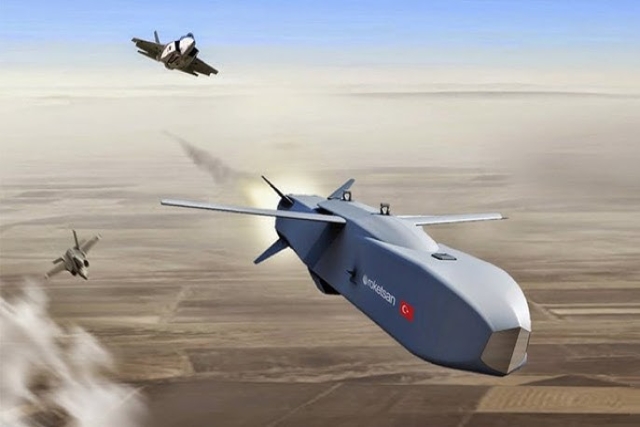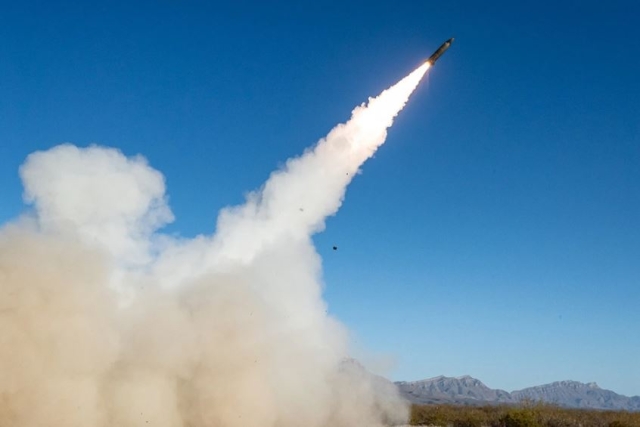Russia Restores ACARS Airline Communication System that was Unavailable due to Sanctions
The Aircraft Communications, Addressing and Reporting System (ACARS) allows real-time transmission of aircraft health information to air traffic control
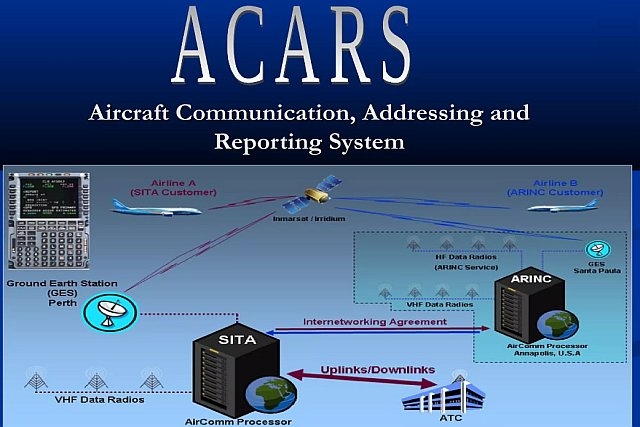
Russia has restored the Aircraft Communications, Addressing and Reporting System (ACARS) for its civil aviation carriers that was withdrawn by global providers following the Ukraine invasion in 2022.
Infocom-Avia, a company of Rostec State Corporation, has signed an agreement with Russia's largest private carrier, S7 Airlines, on the commercial operation of a domestic ACARS service.
The digital data transmission system was developed by the company in cooperation with JSC Azimuth (part of Rostec). “The ACARS is necessary for the efficient operation of the aircraft fleet, meets all international standards and will replace foreign solutions that have become unavailable due to sanctions,” a Rostec release said.
ACARS digital communication allows real-time transmission of data about various aircraft functions and health of components in flight, exchange of meteorological data, operational plans, and other necessary information with the aircraft and air traffic control/airline information centre.
The availability of this data allows the aircraft flight path to be adjusted and fuel savings to be made. Information received from the aircraft allows for its prompt technical maintenance to be organized immediately after landing.
Until March 2022, the ACARS service for Russian and foreign airlines in Russia was provided by foreign providers. A network of radio stations was located on the territory of Russia, and the processing of aviation messages was carried out in foreign processing centers.
Then the service became unavailable for Russian airlines following Western sanctions. As a result, the efficiency of using the aircraft fleet decreased, and the economic losses of airlines increased.
As part of the import substitution work, the Azimut company of Rostec developed the necessary equipment. Another subsidiary of Rostec, Infocom-Avia, acted as the operator of information services in the field of aviation activities.
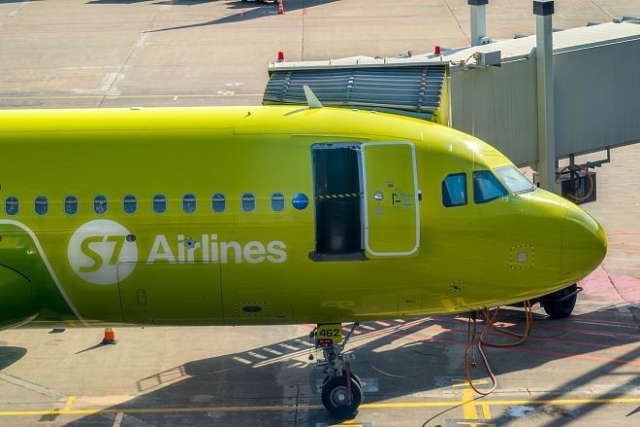
The companies jointly restored the ACARS air-to-ground technology service for domestic air carriers, creating a network of ground stations on the main north-south and west-east flight routes and forming a data processing center in Russia.
"We are satisfied that the ACARS network we created is in demand by airlines. For two years, we have been testing the system, improving its characteristics. And now we are moving on to its commercial operation," said Viktor Solomentsev, General Director of Infocom-Avia.
"ACARS significantly simplifies the work of pilots, allowing them to receive the necessary information much more quickly," said Igor Bocharov, Deputy General Director for Flight Safety at S7 Airlines.
Future plans include expanding the ACARS service coverage area throughout the country and connecting all Russian airlines. Infocom-Avia is also considering several applications from foreign airlines asking to connect to the ACARS service on Russian territory.
The restoration of the ACARS service opens up the possibility of introducing new types of air navigation services that were previously unavailable in our country: digital automatic transmission of information in the aerodrome area (D-ATIS), digital control clearance for departure (DCL) and controller-pilot communications (CPDLC).
